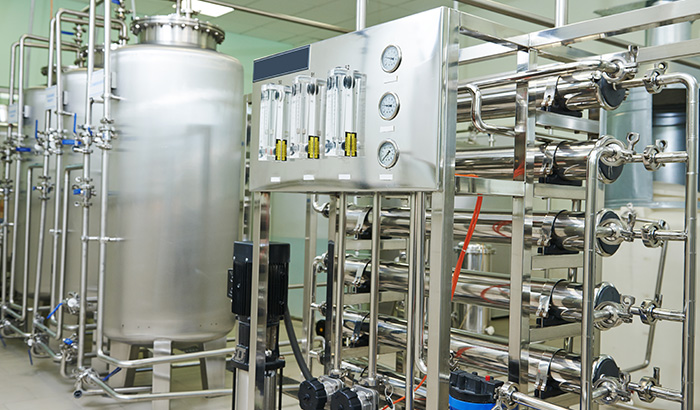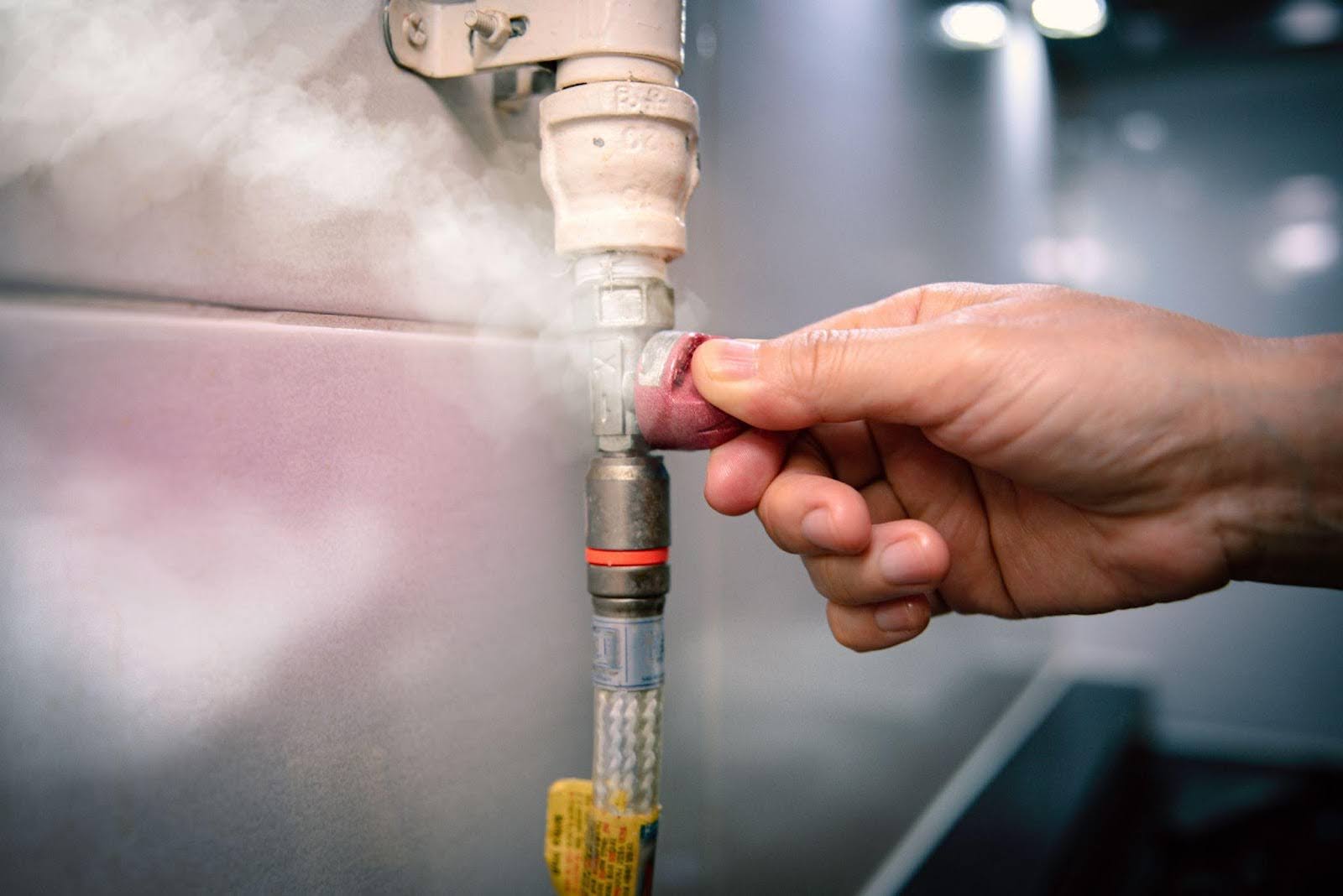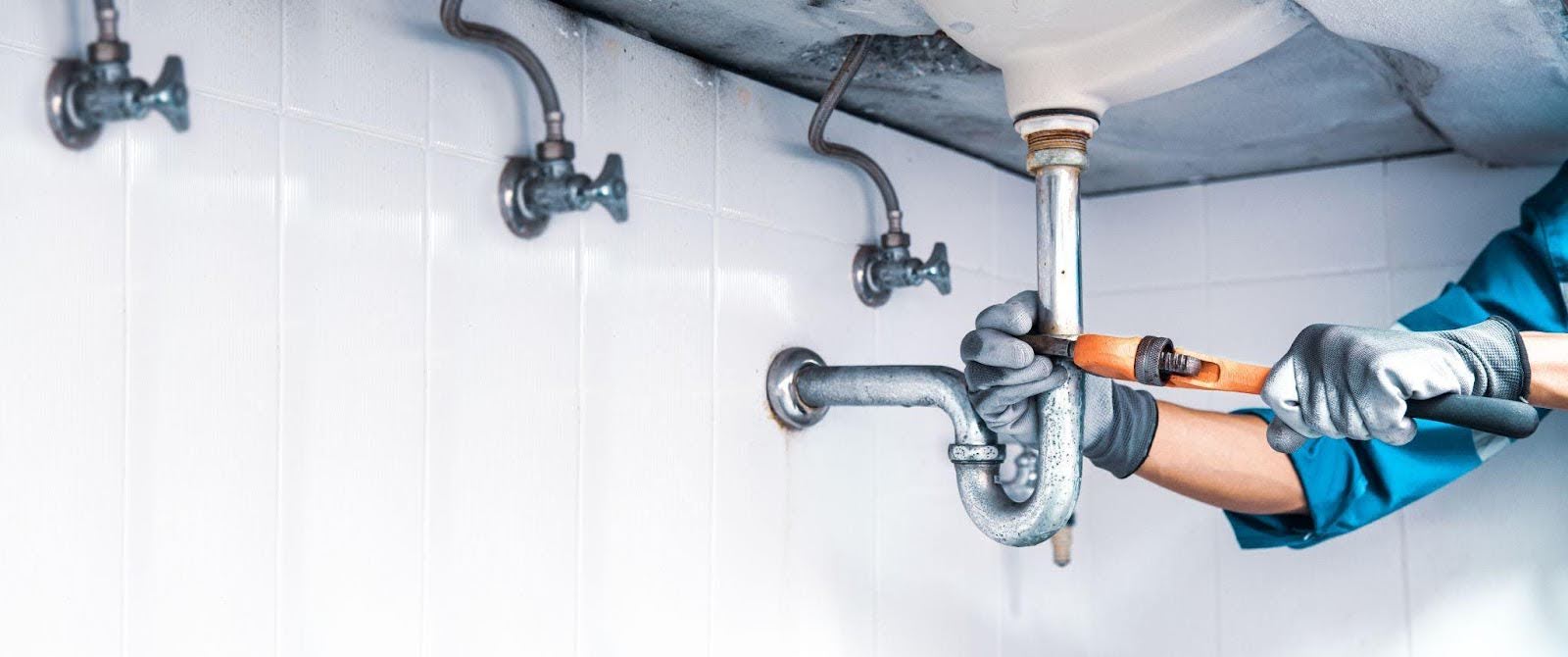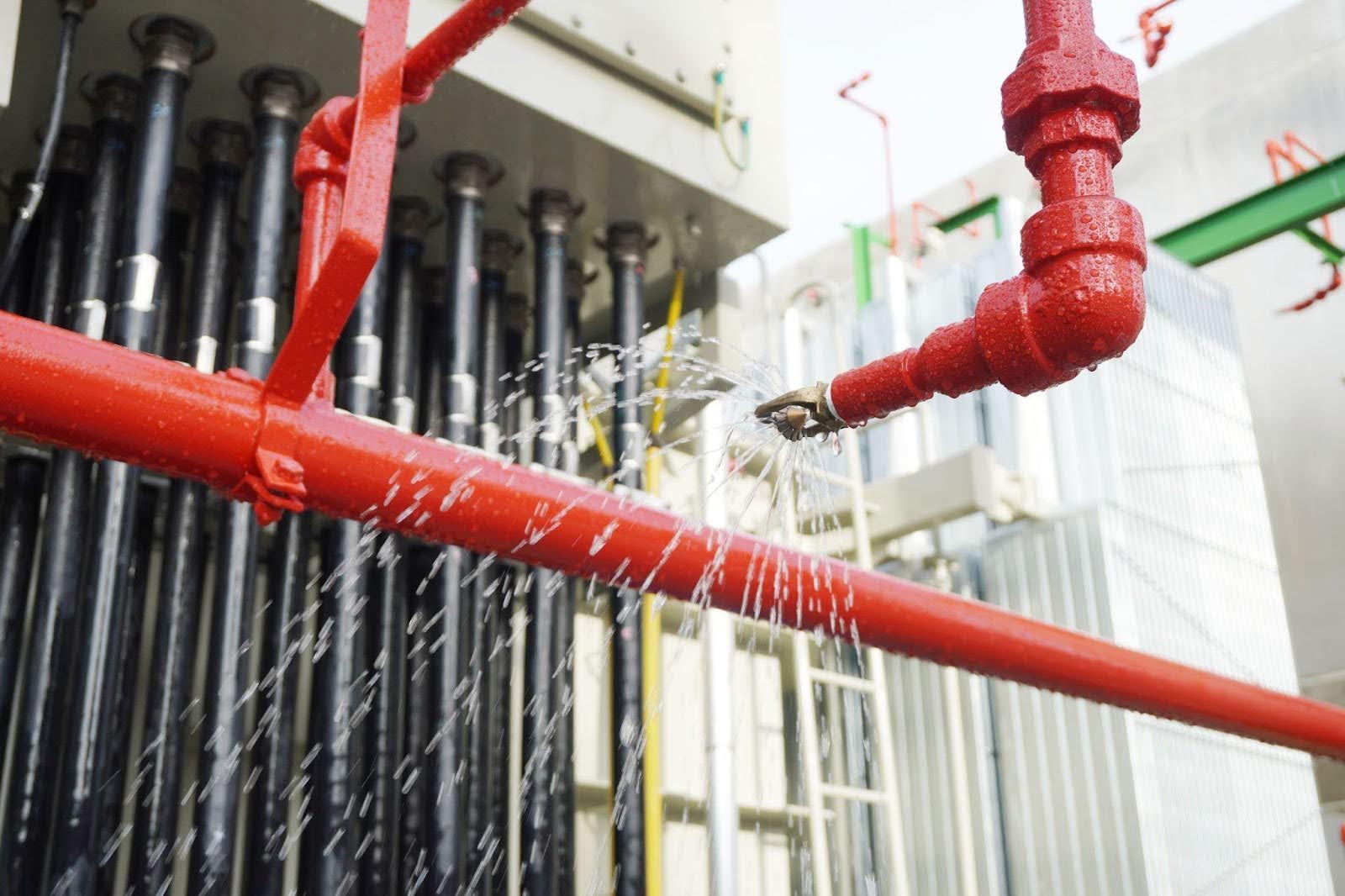Water quality has a significant impact on us. Access to clean and safe drinking water is vital for maintaining good health and well-being. Not only that, but water is essential for various bodily functions, including hydration and digestion.
Despite treatment efforts, tap water may still contain contaminants like chlorine, lead, bacteria, pesticides, and heavy metals, which can adversely affect health, especially for vulnerable groups.
With increasing environmental concerns, home water treatment systems play a crucial role in ensuring the quality of the water we consume.
Home water treatment systems are designed to enhance tap water quality by removing harmful contaminants and providing safer and cleaner water for drinking, cooking, and daily activities. These systems come in various types, such as water filters, softeners, and reverse osmosis systems, each with specific filtration methods.
Water filters use activated carbon, ceramic, or sediment-based filtration, while water softeners reduce hardness caused by calcium and magnesium ions. Reverse osmosis systems use a semi-permeable membrane to purify water and eliminate a wide range of contaminants.
The Benefits of Home Water Treatment Systems
Home water treatment systems offer several advantages, significantly improving tap water quality and positively impacting health, finances, and the environment:
Improved Water Quality
Home water treatment systems effectively remove harmful contaminants like chlorine, lead, bacteria, and other impurities from tap water. These systems utilize different filtration methods tailored to specific contaminants. For example, activated carbon filters target chlorine and organic compounds, while reverse osmosis systems eliminate heavy metals and harmful microorganisms. The result is cleaner, safer, and better-tasting water for daily use.
Health Benefits
Cleaner water provides significant health benefits, especially for vulnerable groups like children, pregnant women, and the elderly. Reducing exposure to contaminants like lead and bacteria can help prevent adverse health effects, particularly in children whose developing bodies are more sensitive. Pregnant women can benefit from healthier pregnancies and fetal development with cleaner water consumption. Moreover, proper hydration promotes better overall well-being and bodily functions.
Cost Savings
Despite the initial investment, home water treatment systems lead to long-term cost savings. By reducing reliance on bottled water, families can save substantially over time. Additionally, these systems can extend the lifespan of plumbing fixtures and appliances by mitigating the harmful effects of hard water, resulting in decreased maintenance and replacement costs.
Environmental Impact
Installing home water treatment systems reduces plastic waste by minimizing bottled water consumption. Plastic bottles contribute to pollution and harm marine life and ecosystems. Moreover, relying on treated tap water reduces the strain on natural water sources, promoting the conservation of valuable freshwater resources.
Factors to Consider Before Investing in a Home Water Treatment System
Investing in a home water treatment system is a significant decision that requires careful consideration to ensure you select the right system for your specific needs. Here are essential factors to keep in mind before making your investment:
Water Quality Analysis
Before choosing a home water treatment system, it’s crucial to understand the quality of your tap water. A water quality analysis will identify specific contaminants present in your water supply. This analysis can be conducted by a professional water testing service or through DIY test kits available in the market.
By knowing the contaminants in your water, you can determine the appropriate treatment method to address those specific issues. Different systems are designed to target specific contaminants, and a water quality analysis will guide you in selecting the most suitable system to effectively improve your water quality.
Budget
Your budget is a vital consideration when deciding on a home water treatment system. These systems come in a wide range of prices, depending on their type, brand, and features. It’s essential to assess your budget and identify which systems align with your financial capacity.
While some systems may require a higher upfront investment, keep in mind the potential long-term cost savings they can offer, such as reduced bottled water expenses and plumbing repair costs. Striking a balance between your budget and the benefits the system provides will help you make a well-informed decision that meets your needs and financial considerations.
Water Usage
The number of household members and your daily water consumption patterns play a significant role in determining the appropriate water treatment system. Larger households with higher water consumption may require more robust systems to meet their needs effectively.
Consider factors like the number of bathrooms, frequency of water usage, and any specific water demands in your household, such as water-consuming appliances. Understanding your water usage patterns will ensure that the system you choose can efficiently cater to the demands of your household.
Maintenance Requirements
All home water treatment systems require regular maintenance to ensure they operate at their best. The maintenance needs can vary based on the type of system you select. For instance, filters may need replacement at regular intervals, while water softeners might require occasional replenishment of salt.
It’s essential to provide readers with an overview of the maintenance needs of different systems and the associated costs. Understanding the upkeep requirements will help you plan for ongoing expenses and ensure your system continues to function optimally, providing you with clean and safe water.
Certification and Ratings
When choosing a reliable home water treatment system, certifications and ratings play a crucial role in verifying its effectiveness and quality. Encourage readers to look for certifications like NSF/ANSI standards, as these indicate that the system has been independently tested and certified for its performance.
Certified systems have been rigorously evaluated to ensure they meet specific standards for contaminant reduction and overall performance. Choosing a certified system provides you with peace of mind, knowing that you are investing in a trustworthy and effective water treatment solution.
Home Water Treatment Systems from Salisbury Plumbing
Seize control of your water supply now and experience the advantages of a professionally installed home water treatment system. To schedule your installation, reach out to Salisbury Plumbing at 385-438-6647 or simply fill out our online form. Let us assist you in elevating your water quality and delivering pure, refreshing water to your home, just as you deserve.
toto slot






